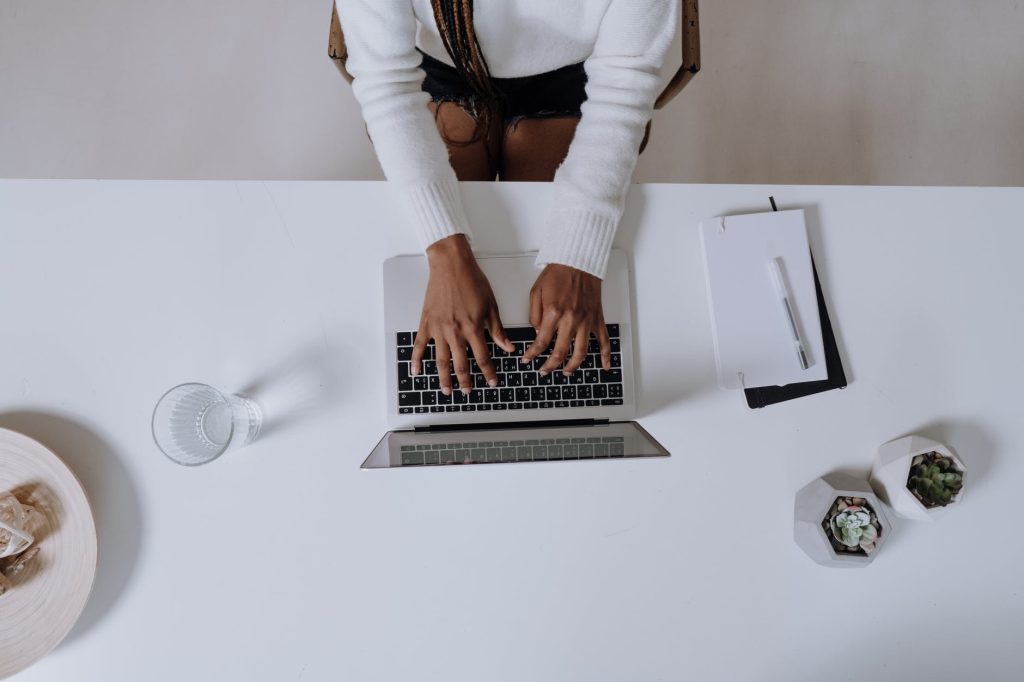The annoying Side Effects of too much Screen Time and what we can to to prevent them.

The annoying Side Effects of too much Screen Time and what we can to to prevent them.
For many of us, our days consist of looking at a variety of screens; whether we’re working on a computer or laptop screen, watching films or shows on a TV, or scrolling through social media on our phones, screens have become a near constant part of our daily lives. And for the most part, this is a good thing. We have access to any information we need on the internet, we can shop, order food and chat with friends, and the television allows us to binge our favourite shows whilst sporting our best pair of comfy jogging trousers and cramming popcorn into our mouths.
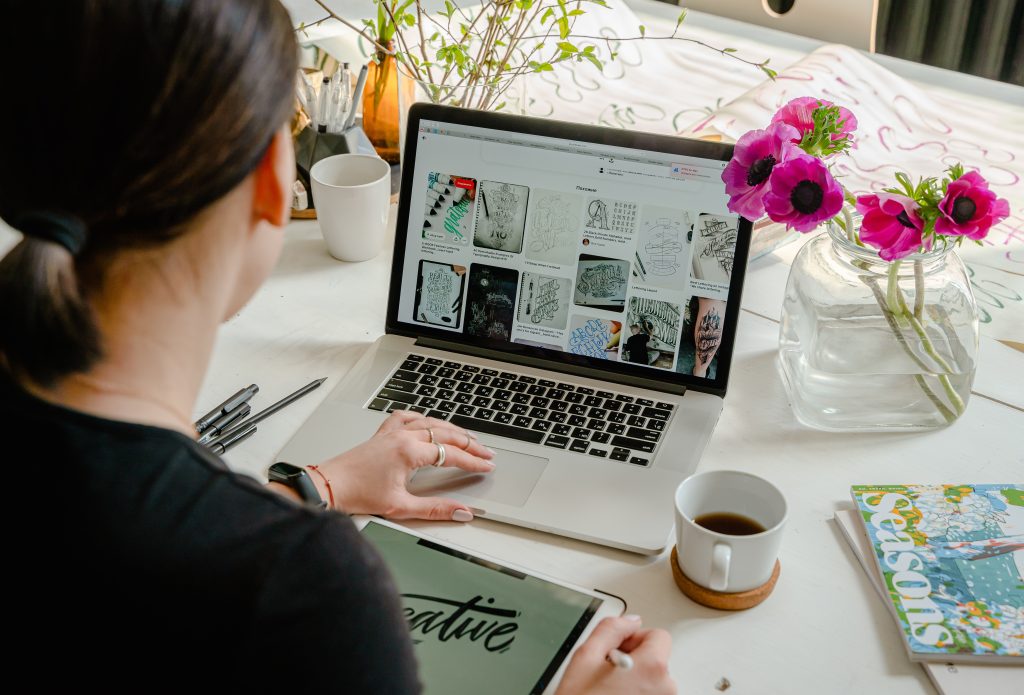
But… there is a price to pay from all this time glued to our screens. Bad backs, eye problems, and repetitive strain injuries are the unwanted side effects of our screen oriented lives. Vision Direct determined in a study of 2,000 British adults, that we tend to spend around 4,866 hours a year on screens – that’s 34 years in a lifetime!
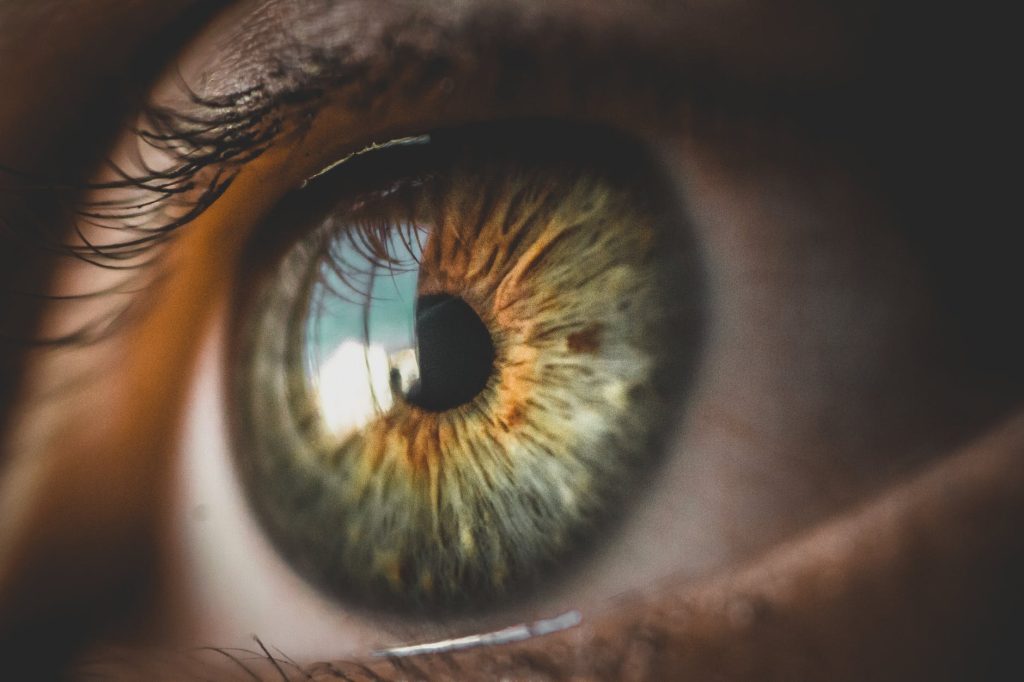
Now for many of us, we have no choice but to spend much of our time using screens, and the pandemic hasn’t helped things. A large percentage of workplaces now require online working and lockdown has meant that communicating with friends and family around the country has had to be done via video calls. So, even though we can’t just switch off for a couple of weeks, we can make changes to ensure that we are keeping ourselves healthy whilst using screens.
Ready to take the next steps to survive the screen revolution? Here’s a handy basic checklist you can use to make sure you’re minimising the impact of screen use.
Computers/ Laptops
When you’re using a laptop or desktop computer remember to do these things:
Take frequent breaks
Working on a laptop or computer screen all day can often make your eyes feel quite tired and dry. The 20/20/20 rule is generally a good way of making sure your eyes are having enough time away from the screen. The rule is that for every 20 minutes spent looking at a screen, you should spend 20 seconds looking at something 20 feet away. We tend not to blink as much when looking at screens, so the 20 seconds spent looking at something further away allows your eyes to relax and prevents them getting dry and tired.
Control the light in your room, glare and screen brightness
Working in an overly light environment or an overly dark one can be detrimental to your eyes and make them more prone to strain. Additionally screen glare or a high brightness setting can be a strain on your eyes as they cause them to work harder. So make sure your room is evenly lit but not too bright. Adjust those brightness settings to match the room and move your screen away from any light sources that create glare.
Get your work station set up just right
It has been a bit of a strange year for workspaces. Many of us have worked at home and so, screens have been set up in a number of places, including on kitchen tables and even on ironing boards. But when you get back to the office or when that new IKEA desk arrives, it’s a good idea to create an ergonomic space for yourself. To do this:
- Make sure your screen is about an arms distance away from your face.
- The screen should be at eye level so it can be easily seen and won’t make you crane your neck.
- Don’t work with your laptop on your lap, try to have it elevated at a comfortable level that allows you to see the screen and type comfortably.
- Try attaching a Bluetooth keyboard to your laptop so that you can easily type and have the screen situated higher to match your eye level.
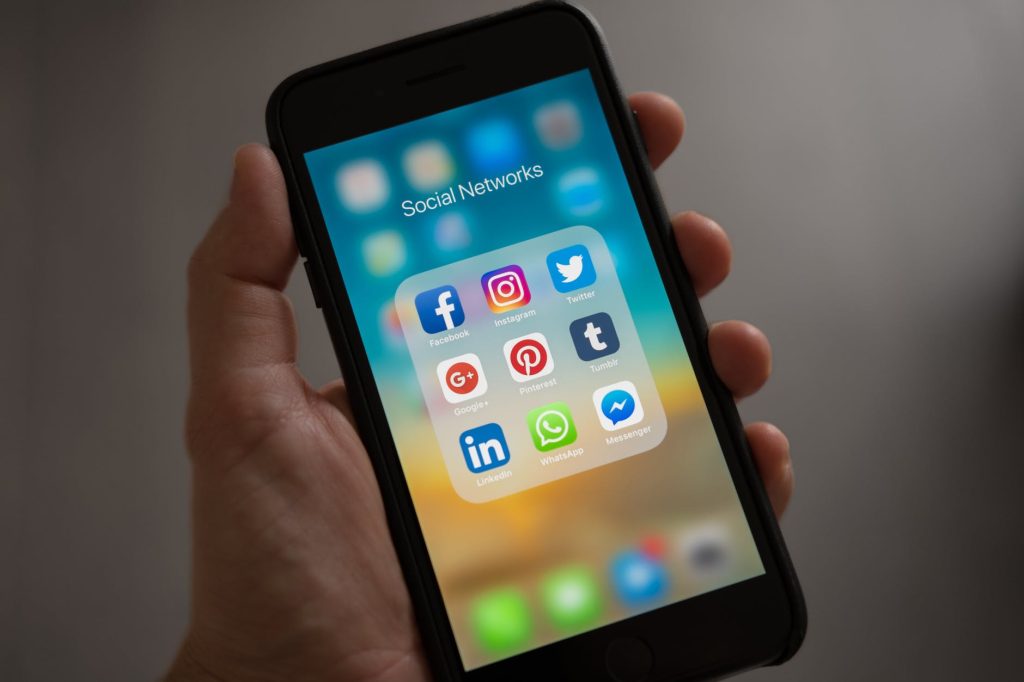
Mobile phones/ tablets
When you’re using your mobile phone or tablet try some of these tips:
Hop into your device settings and adjust
Phones and devices contain a plethora of settings so you can adjust them specifically to your preferences. You can change the screen brightness or even boost the font sizes so you aren’t straining your eyes.
Enable night mode
Night mode uses warmer toned colours instead of bright and harsh colours, and this can help to minimise blue light and the eye strain issues this can cause.
Think about your posture
It’s so easy to forget to sit up straight while scrolling your facebook timeline (if you just sat up straight, you’re welcome). But it is important to try not to sit hunched over your phone with your neck bent down, as this can lead to problems with your back and neck. Stay aware and sit up straight.
Have a break
Make sure you’re allowing yourself time away from the screen. Use the 20/20/20 rule previously mentioned to relax your eyes.
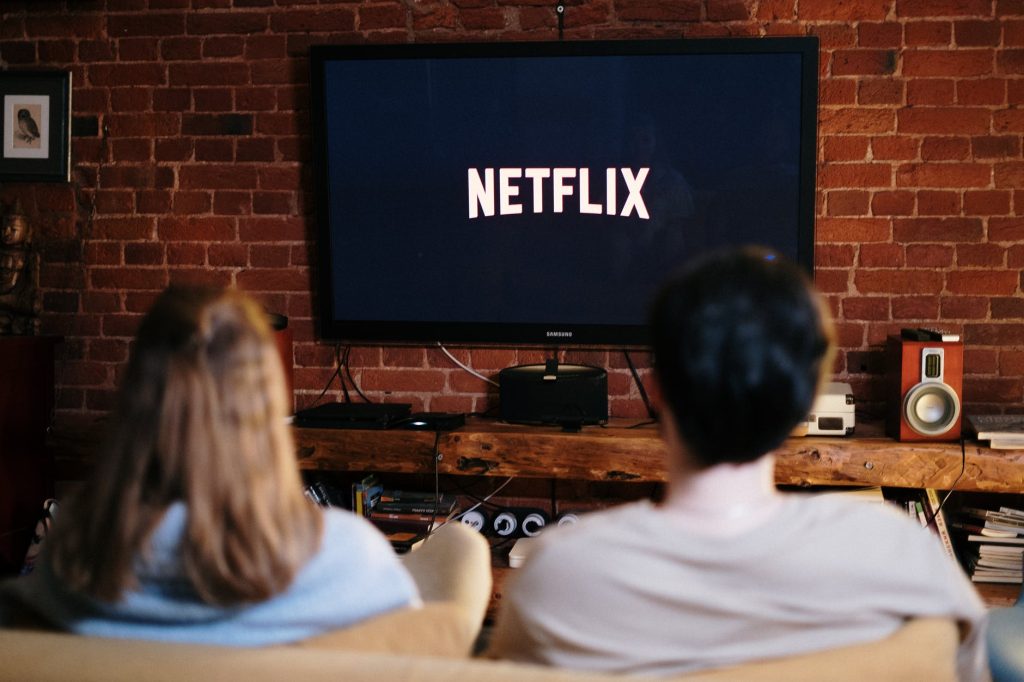
Televisions
Next time you’re having a movie night, try out some of these:
Keep your distance
On a rainy, cold evening there is nothing better than curling up on the sofa to binge your favourite shows on the tv. But sitting too close to the screen can be tough on your eyes. The general guidance is to sit at least 5 times the distance from the screen as the screen is wide. But of course, make sure to do what is most comfortable for you, if your eyes are struggling try having a move around to find the right distance.
Maybe reconsider the home cinema
Although it’s tempting to make your room dark and cinematic while you watch a blockbuster, unfortunately, it can contribute to eye strain. Your eyes are essentially staring at a bright light whilst already being dilated from the dark around you. As a result, letting more light in can cause exhausting eye strain. So popping on a lamp or two is always a good idea.
Remember to take a break
Make sure you get up and take a break from staring at the tv screen. Using the 20/20/20 rule is always a good place to start!


